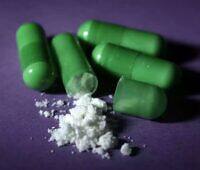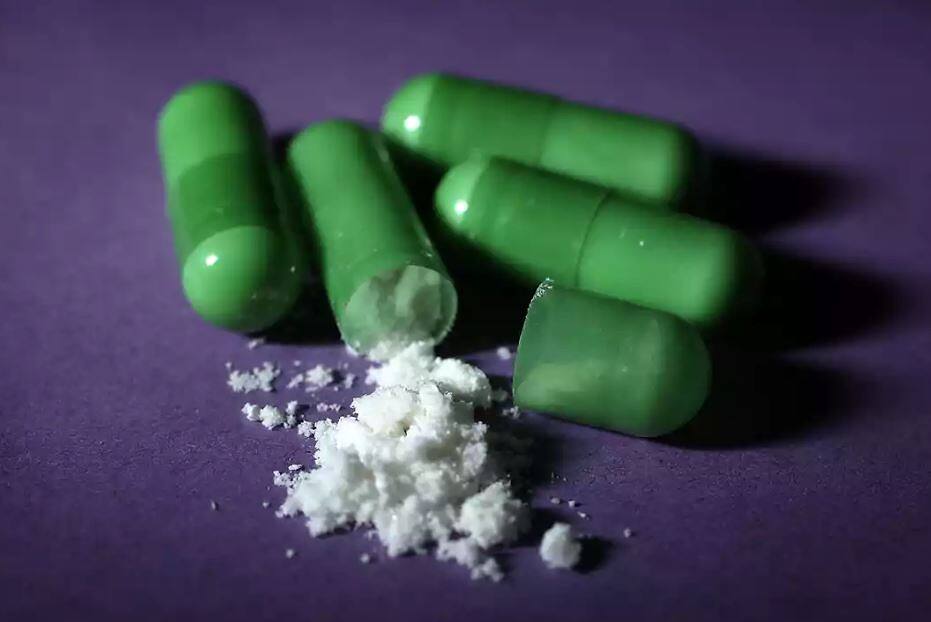
Mephedrone Addiction

Making a full recovery from mephedrone addiction is not impossible, as long as you get the right type of help.
Mephedrone is a relatively new synthetic stimulant drug that only just received its illegal classification as of 2010. Mephedrone (also known as 4-Methylmethcathinone) is part of a family of drugs with close ties to amphetamines. On the streets, Mephedrone often comes in a powder form, making it that much easier to swallow or snort. Mephedrone also comes in pill or capsule form.
Street names for mephedrone include:
- Meow (or miaow)
- Drone
- Bubbles
- 4-MMC
- MCat
What to expect when taking mephedrone
With mephedrone being an illegal synthetic stimulant, you never know how much of the substance you’ll be getting with each dosage. There are no rules or regulations that govern exact measurements for each tablet or container. Thus, your chances of overdosing can be high.
If you’re careless, you can succumb to a number of highly dangerous side effects that include:
- Hyperthermia
- Seizure
- Psychosis
- Heart attack
- Sudden death
Because mephedrone is still relatively new, we can only deduce its exact consequences from hospitalisations of similar problems. More research needs to be done to form a complete picture of the adverse side effects of using mephedrone.
Mephedrone’s effect on the brain
Recent research shows that mephedrone has a more significant impact on the brain than ecstasy. This is because mephedrone releases a higher number of neurotransmitters, which translates to more intense withdrawal symptoms.
Furthermore, mephedrone travels to the brain faster than ecstasy, and the body is able to metabolise the drug out of your system that much quicker. Thus, it’s faster and easier to experience a high when taking mephedrone, which often leads to the user searching for another “quick boost” to get high again. That’s when binging behaviour tends to occur.
Abusing mephedrone like this will lead to one of two outcomes — overdose or eventual mephedrone addiction.
How long does it take for side effects to kick in?
Typically you’ll begin to feel the effects of mephedrone anywhere between 15 and 45 minutes after you’ve consumed the drug. The effects of the drug will usually last between two to three hours.
After the initial high has worn off, mephedrone will metabolise into the body, which will cause the brain to experience a slump because it isn’t producing enough dopamine. To avoid the feeling of “coming down” off the drug, many users will rush to take even more mephedrone, thus continuing the cycle anew. Unfortunately, binging in this manner can lead to an overdose.
What does mephedrone look like?
- A fine white powder
- A fine off-white or yellowish powder
Mephedrone was originally sold as an equivalent to drugs like ecstasy, speed, and cocaine. Dealers put across the drug as ‘plant food’ or ‘bath salts’ and labelled it ‘not for human consumption to get around the law.
What does mephedrone smell and taste like?
People have related the smell to cat urine and exhaust fumes, and say that it tastes foul and metallic.
How do people take mephedrone?
- Snorting is the most common way of taking mephedrone, but people also swallow it in ‘bombs’, or wrap it in a cigarette paper and swallow it, which is known as ‘bombing’.
- It is also taken in capsules and pills and injecting, which is very risky because of the fast-acting, intensity of the hit and can result in an overdose.
Mephedrone effects
On average, users have a higher chance of overdosing on mephedrone rather than becoming dependent on it. Due to this fact, many users do not develop withdrawal symptoms. The body’s ability to metabolise the drug out of the system quickly can make the adverse effects of the drug feel more akin to a hangover rather than a withdrawal from an illegal stimulant
Typically these withdrawal symptoms will last for a couple of days before they begin to go away. Those who have used mephedrone for more extended periods will more likely than not experience withdrawal symptoms of a more intense nature. These will kick in around a day after the last hit of the drug and will reach a peak around two to three days later. Symptoms should completely disappear after one full week.
Psychological withdrawal symptoms may include:
- Anxiety
- Fatigue
- Insomnia
- Depression
Physical withdrawal symptoms include:
- Digestive problems
- Nasal congestion
- Return of appetite
- Digestive issues
If you’re experiencing any or all of the above, there’s a high chance you’ve developed a mephedrone addiction.
What makes mephedrone so dangerous is not so much the possibility of developing a dependence on the drug, but the extreme potential of overdosing. It’s essential that you seek treatment immediately if you or someone you know abuses mephedrone.
Mephedrone addiction
Thankfully, researchers are always hard at work, finding treatments for the newest drugs that are flooding the streets. While there are not many medications available to currently treat the withdrawal symptoms for mephedrone addiction, new treatments are in the works every day. Don’t let anything stop you from seeking medical assistance. Get the help you need before it’s too late.
Call our free helpline service to help guide you on the best treatment options for your circumstances.

